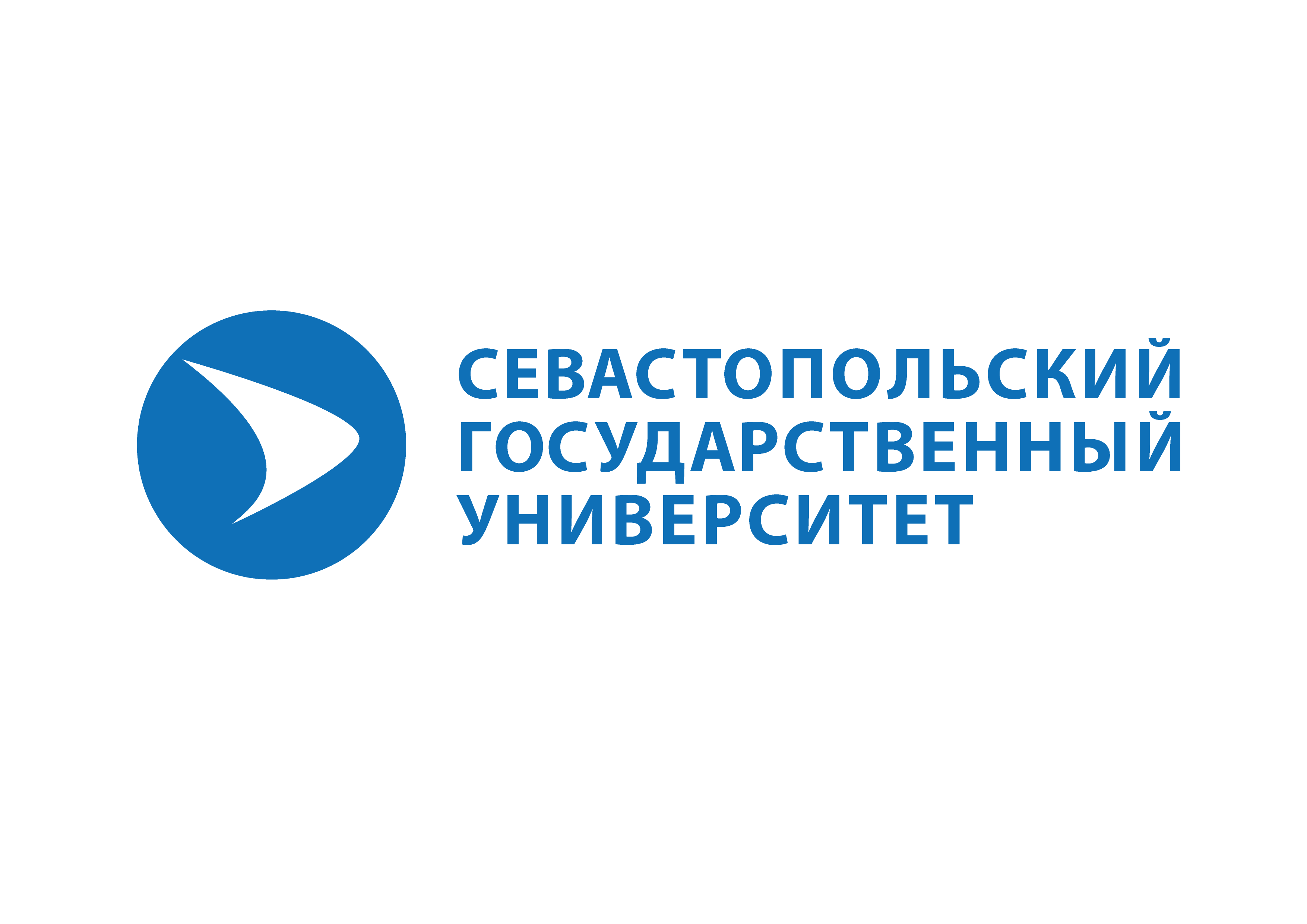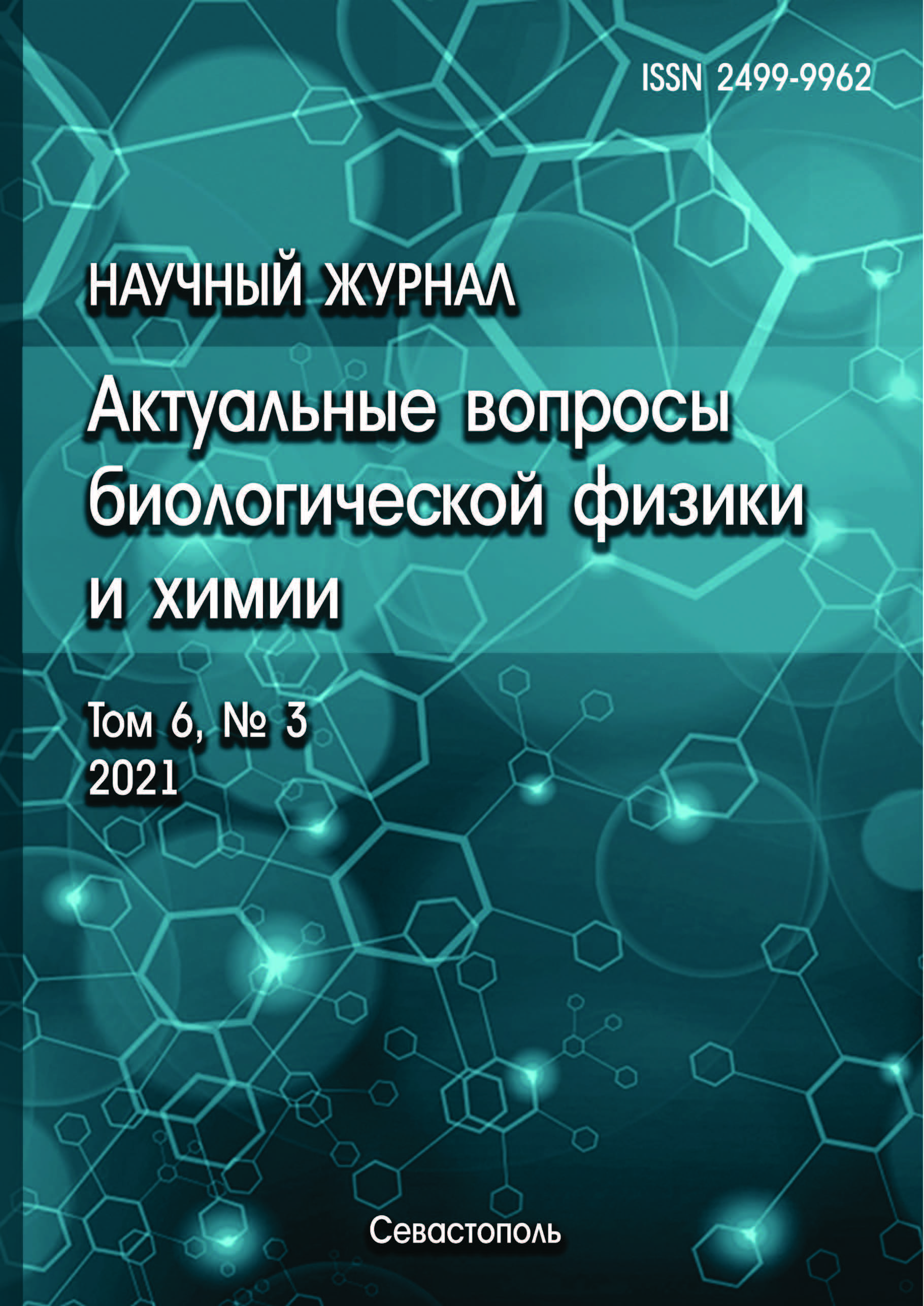E.I. Chazov National Medical Research Centre of Cardiology
Moscow, Moscow, Russian Federation
Moscow, Moscow, Russian Federation
Moscow, Moscow, Russian Federation
Moscow, Moscow, Russian Federation
Lomonosov Moscow State University
Moscow, Moscow, Russian Federation
It is known that the modification of biomolecules under conditions of oxidative and carbonyl stress is associated with the generation of free radicals. Active carbonyl compounds, for example, methylglyoxal react with amino groups of proteins and amino acids to form Schiff bases, including dialkylimines. During these reactions of non-enzymatic glycation, free radical intermediates are also formed. At the same time, it is known that nitric oxide (NO) interacts with the advanced glycation end-products. Our study reveals that donors of nitric oxide (PAPA/NONO, S-nitrosothiols) stimulate the production of organic free radicals in the reaction of non-enzymatic glycation of amino acids under methylglyoxal. In contrast, NO metabolites such as glutathione-containing dinitrosyl iron complexes and nitroxyl (HNO) reduce the level of these radicals. It is suggested that the effect of nitric oxide and S-nitrosothiols is associated with the formation of redox-active compounds, which in turn are mediators of free radical production. On the other hand, HNO and dinitrosyl iron complexes act as antioxidants and antiglycating agents. We believe that the dual action of NO and its derivatives plays a critical role in modifying biomolecules during diabetic mellitus.
non-enzymatic glycation, methylglyoxal, free radicals, nitric oxide, S-nitrosothiols, EPR spectroscopy
1. Lee C., Yim M.B., Chock P. B., Yim H.S., Kang S.O. Oxidation-Reduction Properties of Methylglyoxal-modified Protein in Relation to Free Radical Generation. J. Biol. Chem., 1998, vol. 273, no. 39, pp. 25272-25278. doi:https://doi.org/10.1074/jbc.273.39.25272 EDN: https://elibrary.ru/YDWNUN
2. Asahi K., Ichimori K., Nakazawa H., Izuhara Y., Inagi R., Watanabe T., Miyata T., Kurokawa K. Nitric oxide inhibits the formation of advanced glycation end products. Kidney Int., 2000, vol. 58, no. 4, pp. 1780-1787. doi:https://doi.org/10.1111/j.1523-1755.2000.00340.x EDN: https://elibrary.ru/FMKXUR
3. Shumaev K.B., Gubkina S.A., Kumskova E.M., Shepel'kova G.S., Ruuge E.K., Lankin V.Z. Mehanizm obrazovaniya superoksidnogo radikala pri vzaimodeystvii L-lizina s dikarbonil'nymi soedineniyami. Biohimiya, 2009, t. 74, № 4, s. 568-574. @@Shumaev K.B., Gubkina S.A., Kumskova E.M., Shepelkova G.S., Ruuge E. K., Lankin V.Z. Superoxide Formation as a Result of Interaction of L-Lysine with Dicarbonyl Compounds and Its Possible Mechanism. Biochemistry (Moscow), 2009, vol. 74, no. 4, pp. 461-466. (In Russ.) DOI: https://doi.org/10.1134/S0006297909040154; EDN: https://elibrary.ru/LLXTMX
4. Shumaev K.B., Gubkina S.A., Vanin A.F., Burbaev D.Sh., Moh V.P., Topunov A.F., Ruuge E.K. Obrazovanie novogo tipa dinitrozil'nyh kompleksov zheleza, svyazannyh s cisteinom, modificirovannym metilglioksalem. Biofizika, 2013, t. 58, № 2, s. 239-245. @@Shumaev K.B., Gubkina S.A., Vanin A.F., Burbaev D.Sh., Mokh V.P., Topunov A.F., Ruuge E.K. Formation of a new type of dinitrosyl iron complexes bound to cysteine modified with methylglyoxal. Biofizika, 2013, vol. 58, no 2, pp. 239-245. (In Russ.)
5. Kosmachevskaya O.V., Shumaev K.B., Nasybullina E.I., Topunov A.F. Formation of Nitri- and Nitrosylhemoglobin in systems modeling the Maillard reaction. Clinical Chemistry & Laboratory Medicine, 2014, vol. 52, no. 1, pp. 161-168. doi:https://doi.org/10.1515/cclm-2012-0792
6. Lankin V.Z., Shumaev K.B., Tihaze A.K., Kurganov B.I. Vliyanie dikarbonilov na kineticheskie harakteristiki glutationperoksidazy. Doklady akademii nauk, 2017, t. 475, № 6, s. 706-709. doi:https://doi.org/10.7868/S0869565217240227 @@Lankin V.Z., Shumaev K.B., Tikhaze A.K., Kurganov B.I. Influence of dicarbonyls on kinetic characteristics of glutathione peroxidase. Dokl. Biochem. Biophys., 2017, vol. 475, no. 1, pp. 287-290. doi:https://doi.org/10.1134/S1607672917040123 (In Russ.) EDN: https://elibrary.ru/ZBKAQR
7. Chang T., Wang R., Wu L. Methylglyoxal-induced nitric oxide and peroxynitrite production in vascular smooth muscle cells. Free Radic Biol Med, 2005, vol. 38, no. 2, pp. 286-293. DOI:https://doi.org/10.1016/j.freeradbiomed.2004.10.034
8. Turkseven S., Ertuna E., Yetik-Anacak G., Yasa M. Methylglyoxal causes endothelial dysfunction: the role of endothelial nitric oxide synthase and AMP-activated protein kinase α. J Basic Clin Physiol Pharmacol, 2014, vol. 25, no. 1, pp. 109-115. DOI:https://doi.org/10.1515/jbcpp-2013-0095










